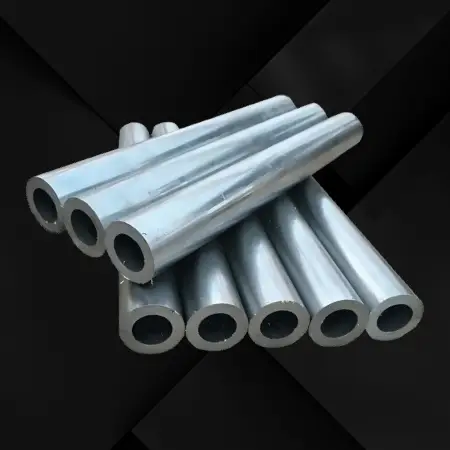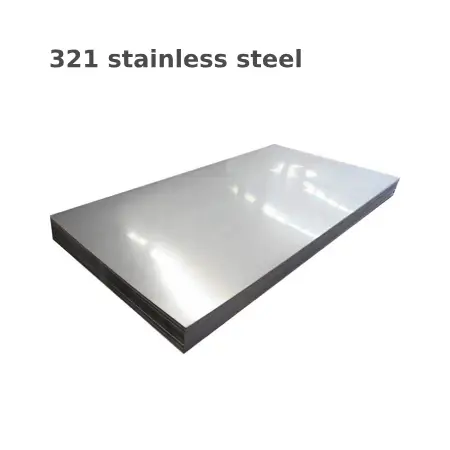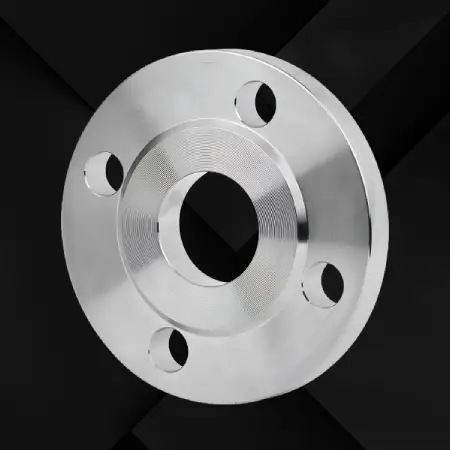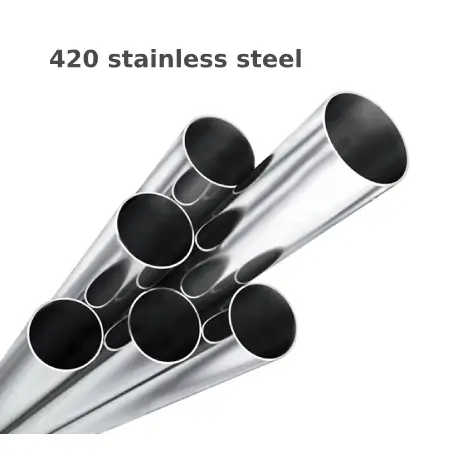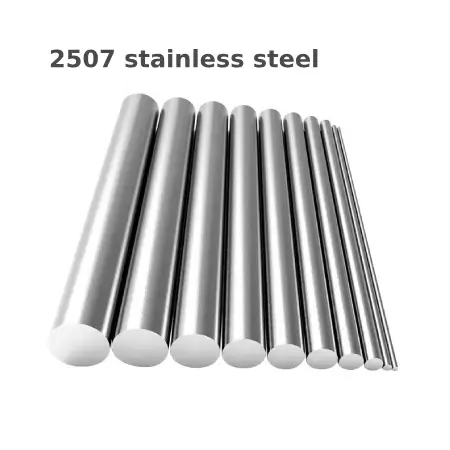Stainless steel pipes are a type of tubular steel product made from stainless steel, which contains a minimum of 10.5% chromium and may also include other alloying elements like nickel, molybdenum, and titanium for various properties. These pipes are known for their corrosion resistance, low maintenance, and long service life, which make them a popular choice for a wide range of applications.
Introduction to Stainless Steel Pipes
Material Composition: Stainless steel pipes are manufactured from various grades of stainless steel, which provide different levels of corrosion resistance and mechanical properties. The most common grades include 304. 316. and 409.
Grades: The selection of pipe grade depends on the required strength, corrosion resistance, and temperature tolerance. 304 grade is the most common and is used for general purposes, while 316 grade offers higher corrosion resistance and is used in harsher environments.
Dimensions: Stainless steel pipes come in various sizes, including different outer diameters and wall thicknesses, to meet diverse project specifications.
Applications: They are extensively used in industries such as food processing, beverage, pharmaceutical, petrochemical, construction, automotive, and marine due to their sanitary surface and resistance to corrosion.
Forms: Tubes can be seamless or welded. Seamless pipes offer better fluid integrity and higher pressure capabilities, while welded pipes are more cost-effective for lower pressure applications.
Finishes: Stainless steel pipes can have different surface finishes like bright, mill finish, polished, or brushed, depending on the application's aesthetic and functional requirements.
Joining Methods: They can be joined using various methods such as welding, flanging, threading, or couplings, ensuring versatility and a secure fit in installations.
Heat Treatment: Some stainless steel pipes undergo heat treatment processes to improve their mechanical properties or to achieve specific physical characteristics.
Manufacturing Process: Stainless steel pipes are produced through either a hot-finishing mill process or a cold-drawing process, depending on the required dimensions and properties.
Standards: The manufacturing and quality of stainless steel pipes are governed by various international standards, such as ASTM, ASME, JIS, ISO, and DIN, depending on the region and application.
Testing: Pipes are tested for quality assurance, which may include visual inspection, dimensional checks, mechanical testing, and corrosion testing.
Maintenance: Stainless steel pipes are low-maintenance and can be cleaned with mild detergents and warm water. They require minimal regular care to preserve their appearance and performance.
Stainless steel pipes provide a durable and sanitary option for transporting liquids, gases, and other materials in a wide variety of industrial and commercial applications. Their versatility, coupled with their inherent corrosion resistance, makes them a preferred choice for long-term reliability.

